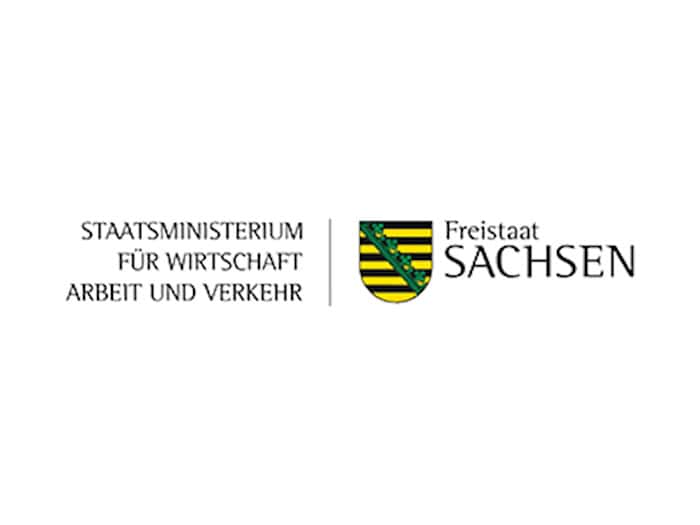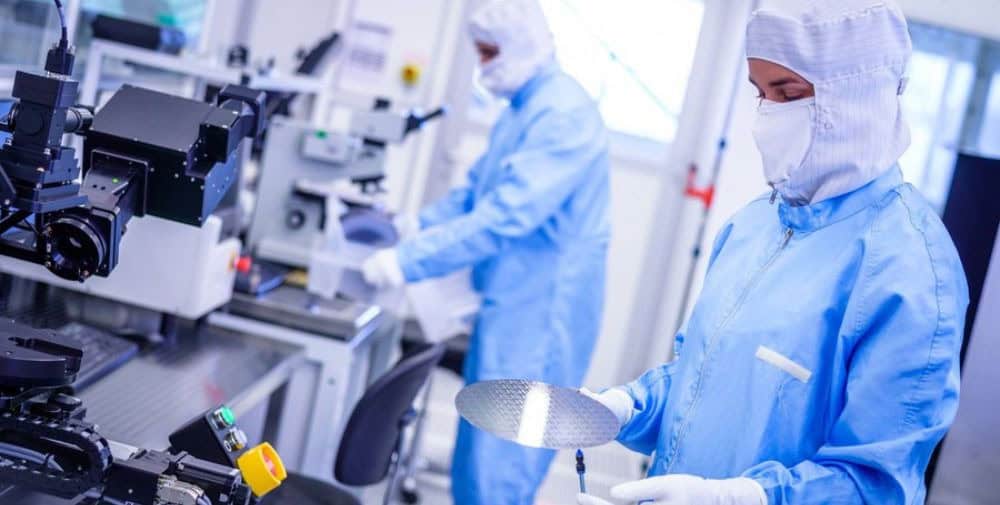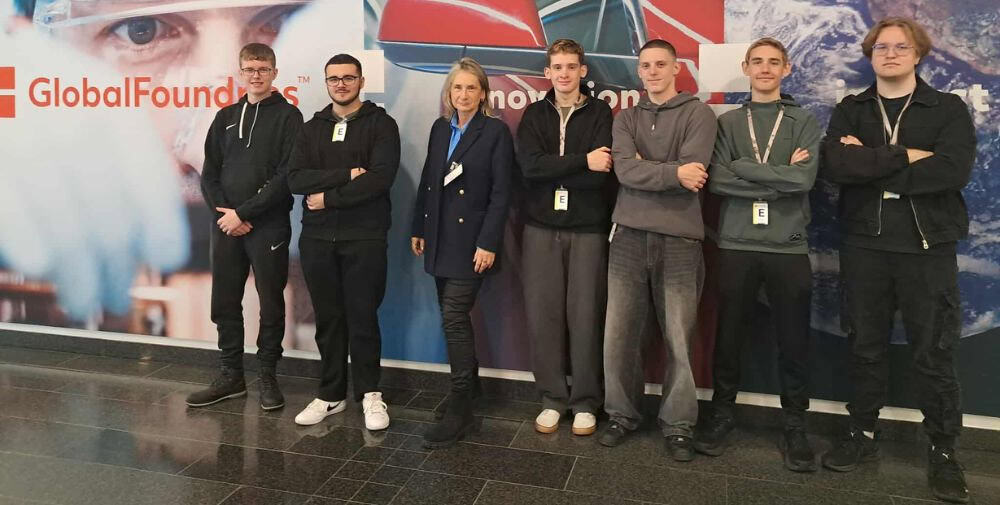
Minister of Economic Affairs Martin Dulig: “We made a conscious decision in favor of the Radeberg site. In doing so, we are ensuring that the positive effects of semiconductor development reach the Dresden region directly. The skilled trades and SMEs are an elementary component of Silicon Saxony. We are ensuring that they continue to benefit from the investments of global corporations. The microelectronics training cluster is a major building block for the demand for skilled workers. The special commitment of the town of Radeberg and the district of Bautzen convinced us.”
Frank Höhme, Mayor of the town of Radeberg: “Radeberg is once again benefiting from its direct proximity to Dresden and can participate directly in cutting-edge technology development. I immediately saw this as an opportunity for Radeberg and campaigned for our town as a location for the microtechnology training campus. Now urgently needed specialists in microtechnology will indeed come from Radeberg in the future! This is very good news for our town and for Saxony. Our city is forward-looking and versatile, and the training center will prove this all the more!”
Saxony has become the most important location for the semiconductor industry in Europe: Every third chip produced in Europe comes from Saxony. The expansion and relocation of large companies such as Infineon, Bosch and ESMC will further increase the region’s international appeal. Following the creation of the industrial base and the expansion of research and development capacities, the provision of qualified training and skilled workers will be the greatest challenge in the coming years. Around 80,000 people work in the industry today. By 2030, there will be over 100,000. That is an annual increase of up to 3,000 new employees. The large demand for skilled workers in the semiconductor industry, suppliers and regional SMEs cannot be met from the existing workforce. In addition to investing in training facilities to strengthen dual initial training, a new umbrella structure is to be initiated in close cooperation between the industry, chambers, regional SMEs and training service providers – which will be responsible for targeted recruitment and better external marketing. This new umbrella structure is to be organized via Silicon Saxony e.V. and will further increase the appeal of Saxony as a microelectronics location.
In addition, other existing training facilities are to be modernized and expanded, such as the mechatronics training in Kesselsdorf (district of Saxon Switzerland – Eastern Ore Mountains).
Close and fair cooperation between microelectronics companies and the regional economy is also important, especially when it comes to training and recruiting skilled workers. The necessary demand is to be secured by significantly expanding training capacities as well as through targeted recruitment.
Minister Dulig appeals: “We must do everything we can together to make the location attractive in order to attract people from all over Saxony. With our settlement and research policy, we are attracting skilled workers from all over the world and we want people to like living here and staying here. Saxony has often benefited from immigration in the past, not least the chip industry. Only through a culture of openness, tolerance and diversity can we further expand our strong ecosystem. If we tackle it wisely, we will all benefit from it. Then the partners will come to Saxony to work with us and their children will attend our kindergartens and schools.”
Background
On August 12, 2024, the Saxon chambers and microelectronics companies signed a commitment to cooperative collaboration, particularly in the recruitment of skilled workers.
– – – – – –
Further links
👉 www.smwa.sachsen.de
Photo: pixabay




